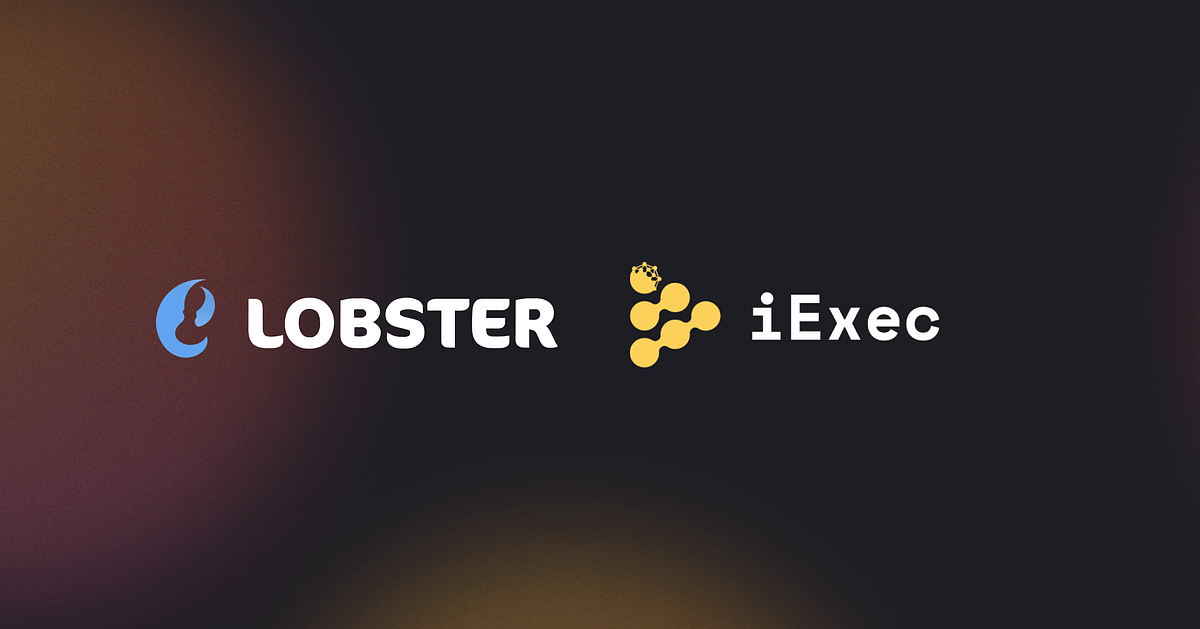iExec and Lobster Revolutionize Web3 Communication with Privacy-First Innovation

The recent partnership between iExec and Lobster marks a significant advancement in Web3 communication, particularly in the realm of privacy. With the integration of iExec’s Web3Mail, Lobster can now send encrypted emails to users without ever needing to store or even access their email addresses. This innovation utilizes confidential computing and blockchain technology to ensure secure communications while granting users complete control over their privacy. By leveraging Intel SGX hardware encryption, the collaboration has created a tamper-proof communication method that effectively protects users from data breaches and unsolicited spam.
This partnership not only enhances user privacy but also opens up new avenues for developers interested in creating privacy-first applications. iExec is actively encouraging builders to participate in their grants program, which aims to support innovative projects that align with their ecosystem. Interested developers can submit proposals detailing their project’s technical aspects, purpose, and long-term benefits. Selected applicants will undergo a technical interview, and grants will be awarded based on the achievement of specific milestones, fostering a collaborative environment for innovation.
Looking ahead, the potential of this partnership is vast, and both iExec and Lobster are excited about the future of privacy-first technology. Users are invited to experience this new level of privacy by subscribing to Lobster’s secure newsletter. Additionally, developers are encouraged to explore the opportunities available through iExec’s grants program, as this collaboration is just the beginning of what can be achieved in the realm of secure communications and privacy-focused applications.
Related News





